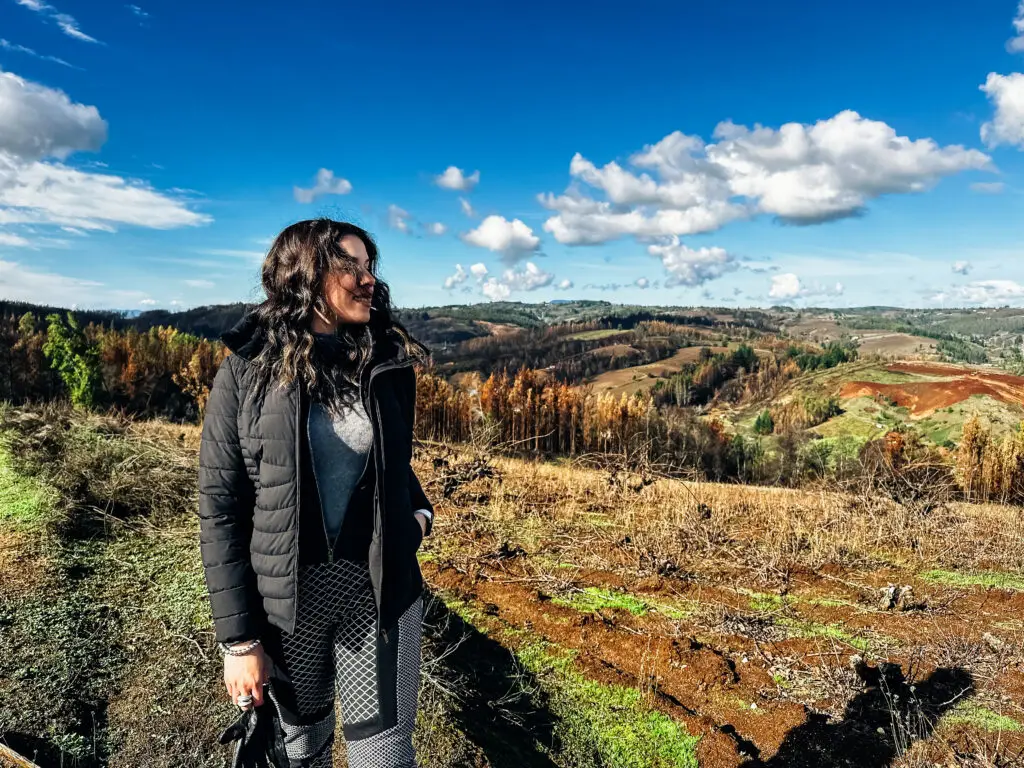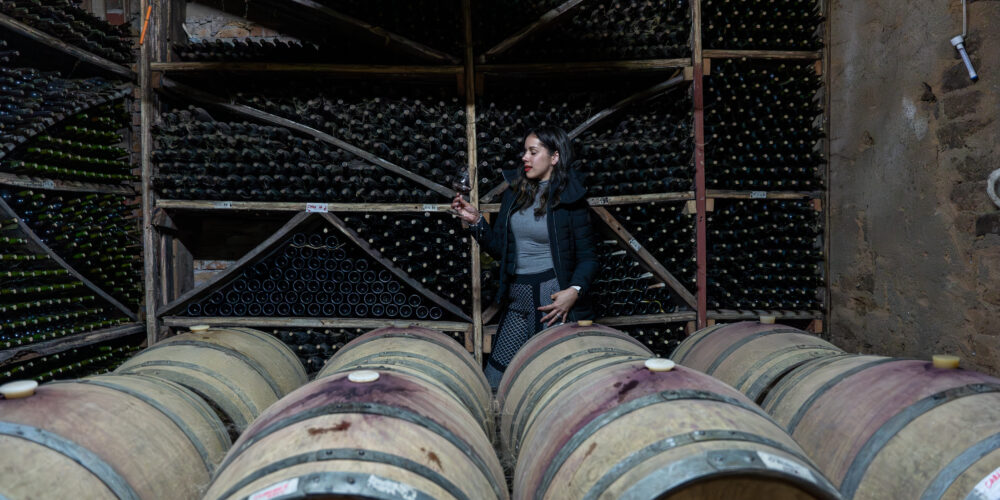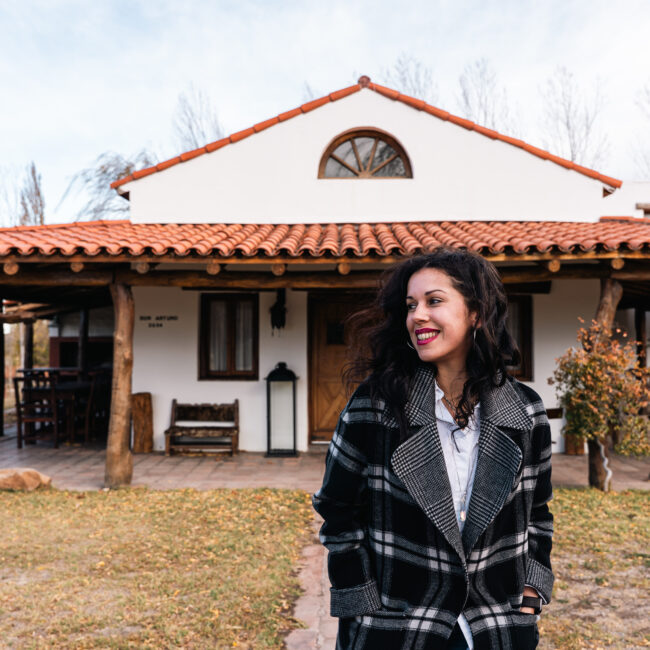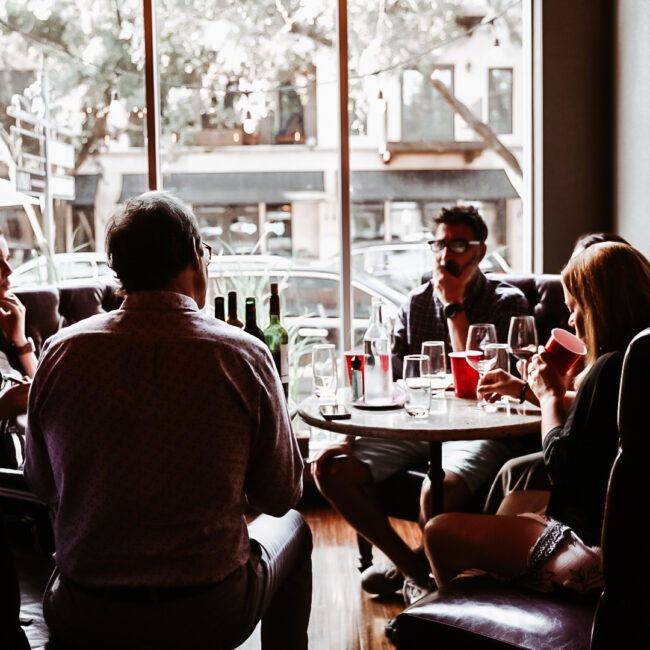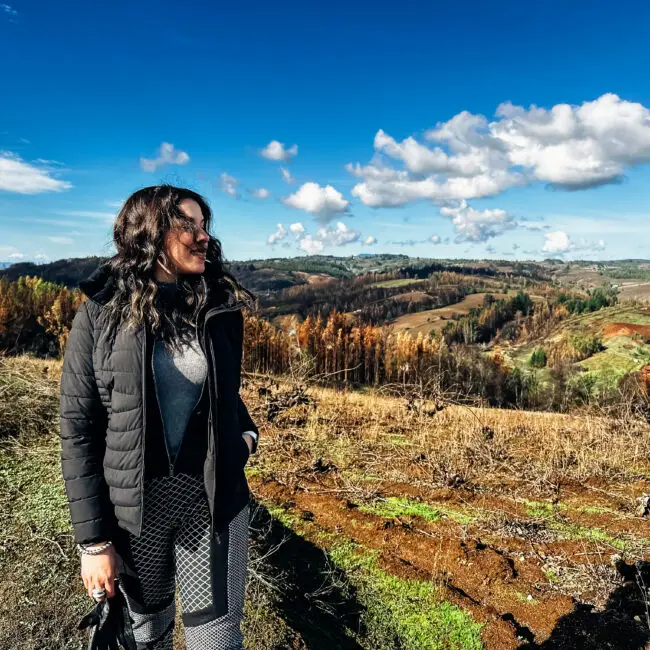The Ultimate Mendoza Wine Experience: A Day at Mosquita Muerta & Bodega Los Toneles 🍷✨
The Ultimate Mendoza Wine Experience: Mosquita Muerta & Bodega Los Toneles Tour 🍷✨ If there’s one place that captures the soul of Argentine winemaking, it’s Mendoza.

